 Piano Guidance
Piano Guidance
 Piano Guidance
Piano Guidance

 Photo: Matthias Groeneveld
Photo: Matthias Groeneveld
sound vibrant and young but the tuning is incredibly stable and you would never have known it was a piano from over 100 years ago. This is a very rare occurrence but it does happen and with the right environment the date of manufacture may be superfluous.
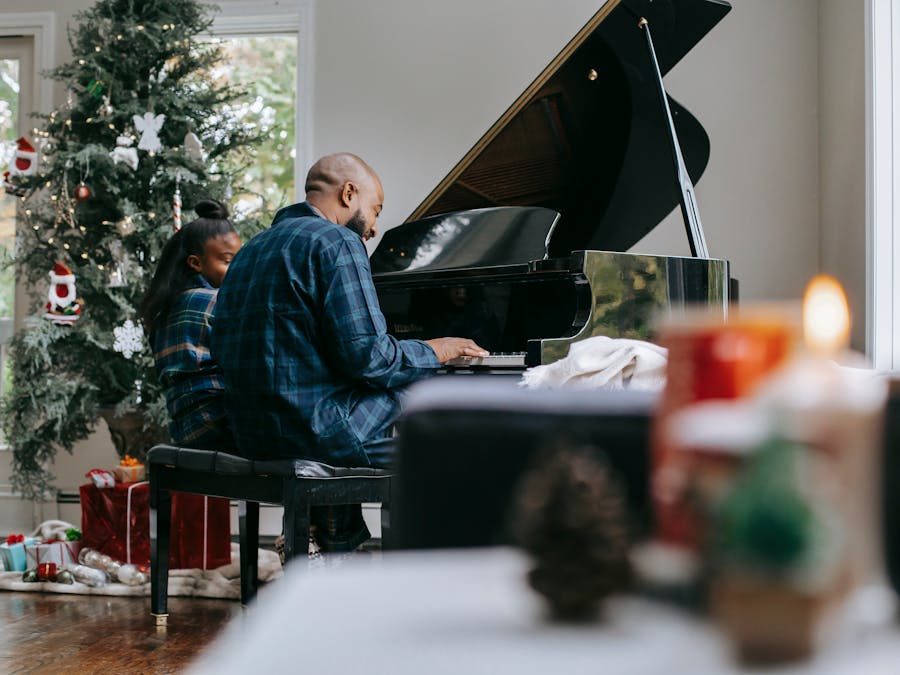
In the strictest sense one could argue that Christofori played the first piano at the turn of the 18th century. Or, perhaps the first piano was...
Read More »
If you play A minor, you are likely to play the lowest note of a piano. This means that it helps us to emphasize the mood of a piece we are...
Read More »It’s sad to think that a piano can simply age to the point where it needs to be thrown away. Sadly, this is sometimes the case. But is it really the age that is the determining factor in getting rid of a piano or is it something else? Today we are going to discuss this topic in-depth and decide whether or not the age of a piano can determine it’s fate. The age of a piano has much more to do with its upkeep, environment, and use than the date of manufacture. We have had pianos here in the showroom from the 1880s that have been restored and are in better condition than most 10-15-year-old pianos! I recently had a conversation with a technician who found a 1906 Knabe upright – all original – from an estate where it had virtually never been played. He told me that not only do the strings (the original strings!) sound vibrant and young but the tuning is incredibly stable and you would never have known it was a piano from over 100 years ago. This is a very rare occurrence but it does happen and with the right environment the date of manufacture may be superfluous. I’ve also run across a different issue with the age of pianos. Some Viennese piano companies were actually producing “period” type pianos well after the development of the modern piano action. While Steinway and other major manufacturers were producing pianos similar to pianos being made today, these companies were still making older style pianos. In this scenario, the age of the piano doesn’t even tell you how modern the piano is! Ultimately, the factors that determine the age of the piano beyond just a manufacture date are:

Each Child is Different The first thing to know about piano lesson age is that every child is different. Some children are able to start at age...
Read More »
When you create a flowkey account, you automatically have a free basic account. You can try our free version of the app for as long as you want. In...
Read More »Pianos also have other numbers printed on them such as part numbers and many other pianos do not have a serial number at all. Many pianos will have a 4, 5 or 6 digit serial number to identify the age of the piano. Using this number, along with the manufacturer, the age of the piano can sometimes be determined.
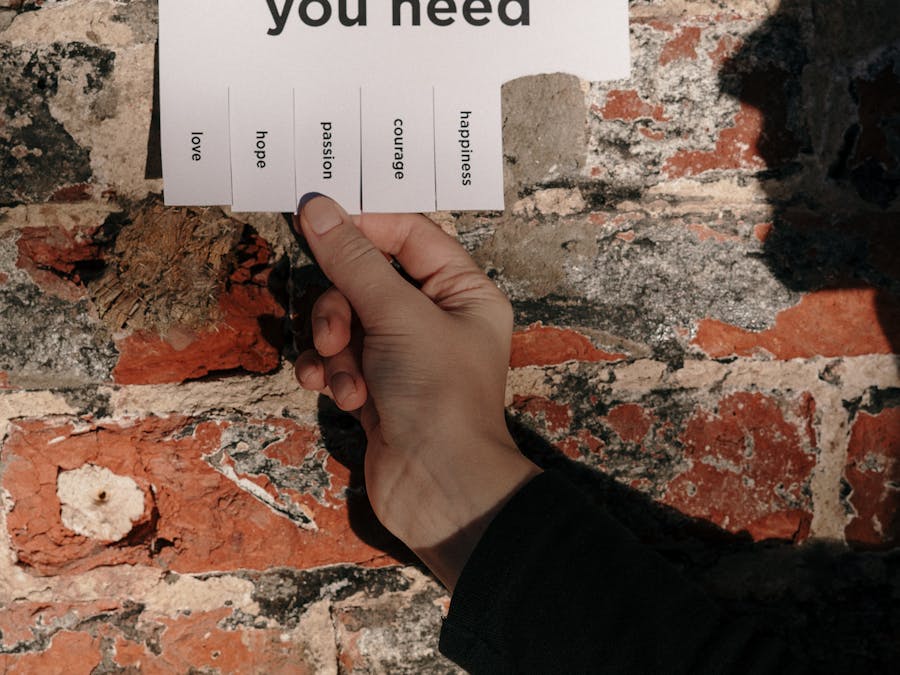
The 11 Hardest Musical Instruments to Learn Violin. The violin is a wooden stringed instrument that's part of a larger family of similar...
Read More »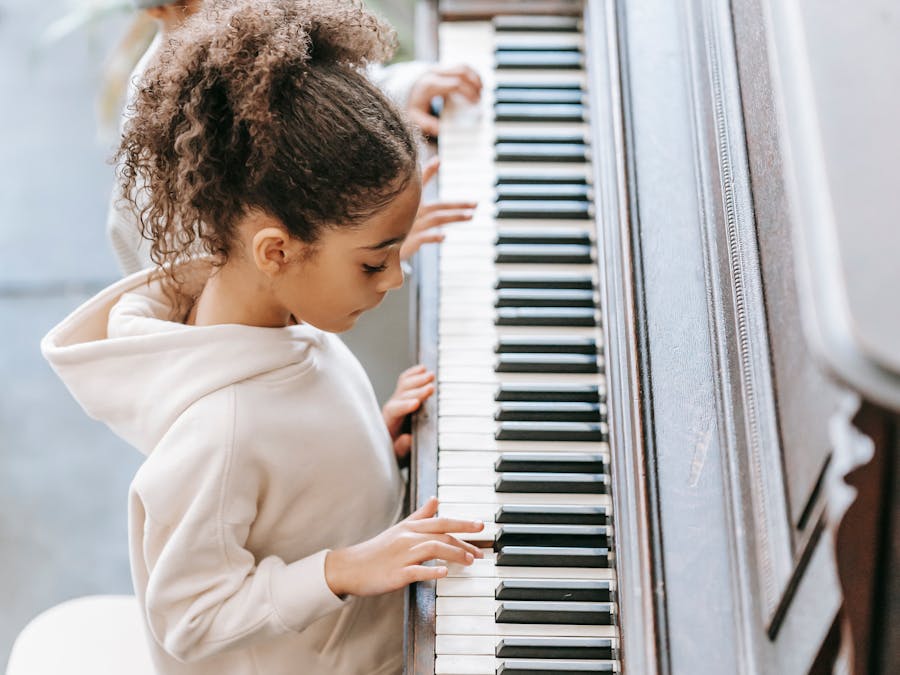
One of the biggest factors in a room is the floor; carpeting will dampen the sound of a piano. Why is this? Half of the sound of a piano comes from...
Read More »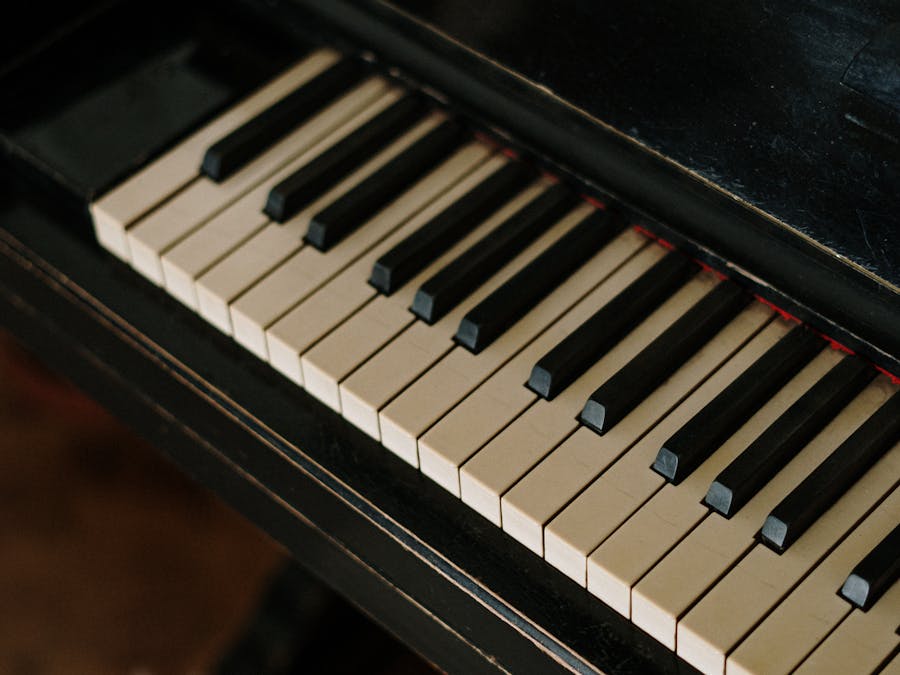
Now to come to the question: Can you teach yourself piano? Of course, you can. The only problem is that most people will only do their own teaching...
Read More »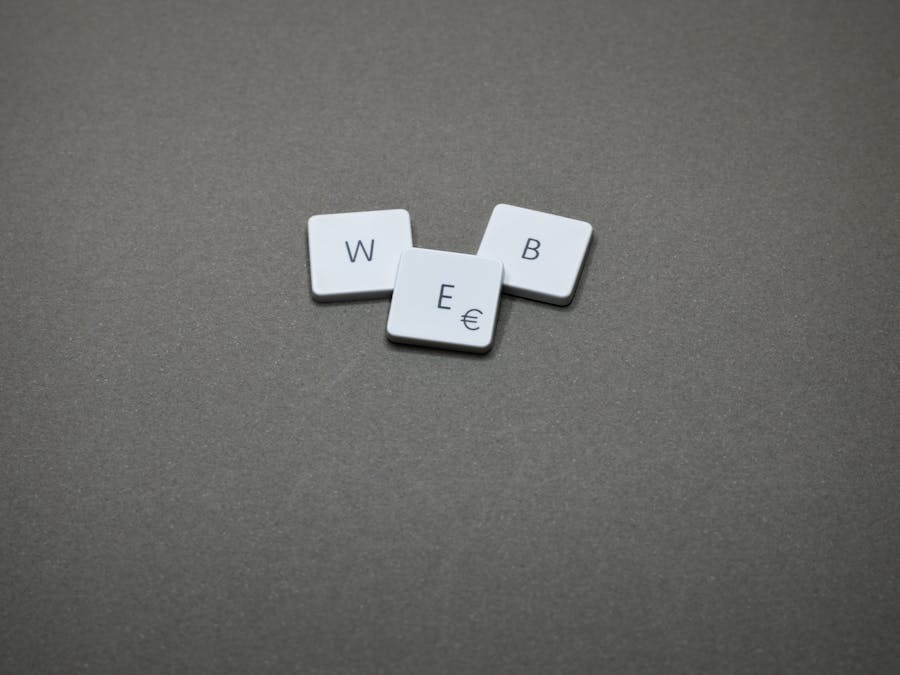
Most keyboards come with 66, 72, or 88 keys. For a beginner, 66 keys are sufficient for learning to play, and you can play most music on a 72-key...
Read More »